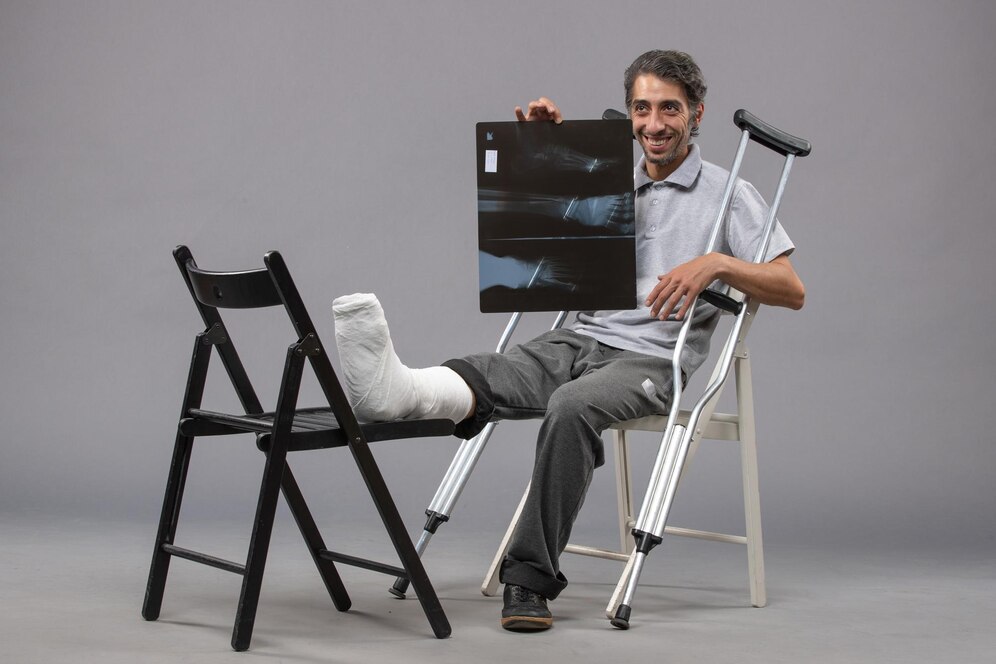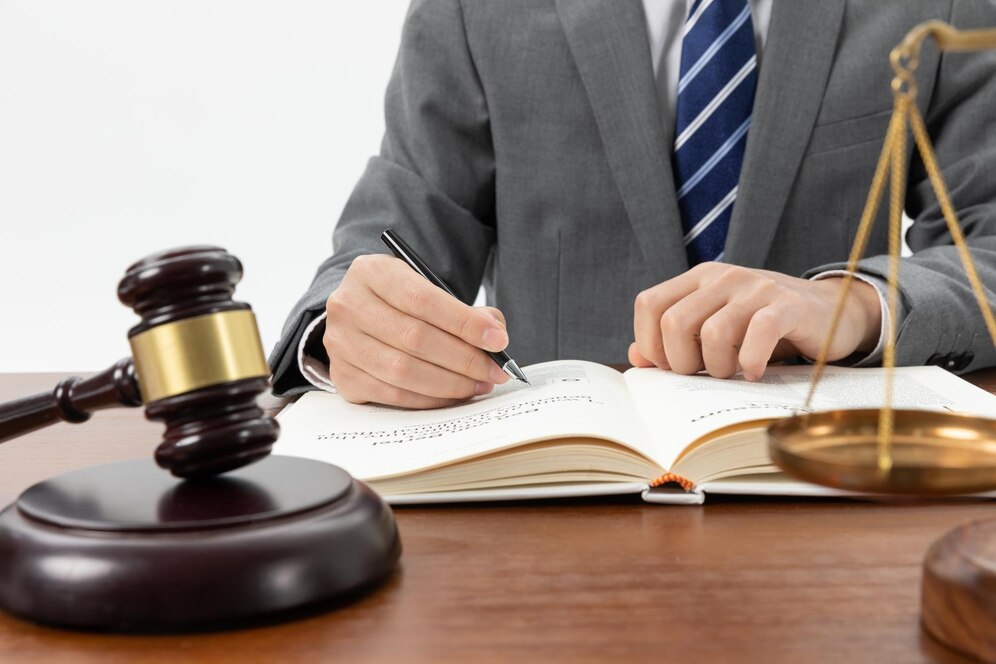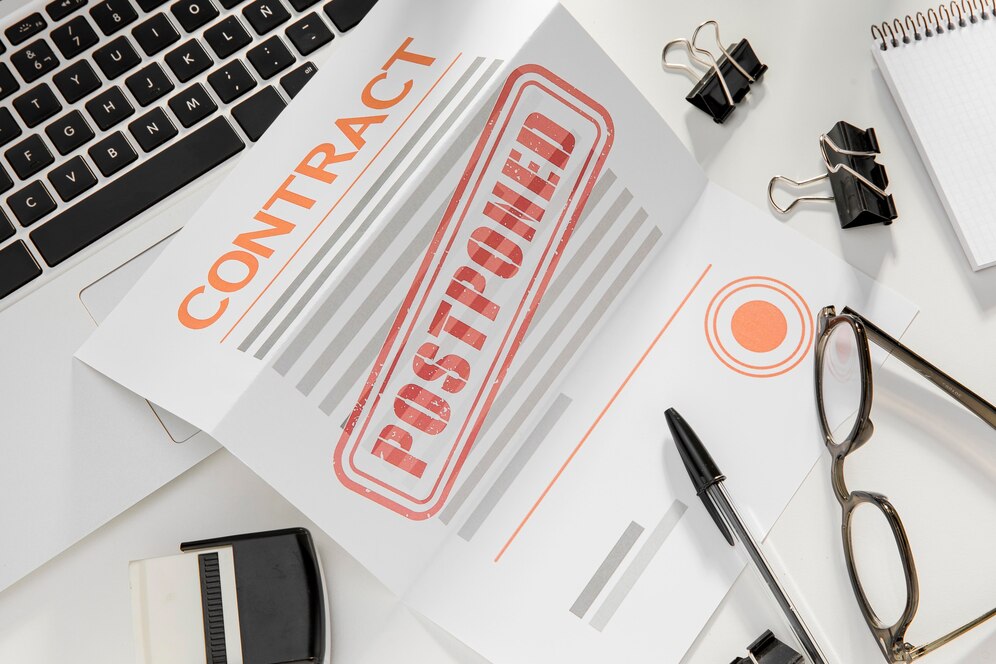Power of Attorney

A Power of Attorney (POA) is a document by which you appoint another person (the Attorney) to act in your place if you cannot do so yourself for any reason. A Power of Attorney is an essential aspect of any estate planning.
You can protect your assets by appointing an attorney to represent your financial interests and manage your affairs if you become incapacitated and cannot do so yourself because of accident, injury or debilitating illness.
Your Attorney can also use a power of Attorney if you are unavailable to execute documents. You can manage a “specific power of attorney,” which grants someone the right to act on your behalf for a specific matter only, such as selling a particular property.
An “enduring power of attorney” will endure and remain valid if you become incompetent to manage your affairs. If you do not have a valid Power of Attorney, it could be necessary for your family to make a court application to become your legal Guardian under the Adult Capacity and Decision-making Act. The Court process can be slow and expensive and, in most cases, requires the applicant to post a surety bond while acting as Guardian.
Wise planning in advance will help avoid a guardianship application, allowing you to appoint an Attorney to look after your assets and liabilities when you cannot.
Don’t Leave Your Future to Chance
A Power of Attorney safeguards your assets and decisions when you cannot. Set yours up today.
FAQs
What Are the Different Types of Power of Attorney?
There are several types of Power of Attorney (POA), each serving a different purpose:
- General POA – Gives someone broad authority to handle financial and legal matters on your behalf. It ends if you become incapacitated.
- Specific (Limited) POA – Allows someone to act for a specific task, like selling a property. It expires once the task is done.
- Enduring POA – Stays in effect even if you lose the ability to make decisions. It ensures someone can manage your affairs if you become incapacitated.
- Springing POA – Only takes effect under certain conditions, like if you cannot make decisions.
Medical (Healthcare) POA – Let someone make medical decisions if you cannot (In NS this is called a Personal Directive).
What is the difference between a POA and a will?
A Power of Attorney (POA) and a Will serve different purposes:
- A POA is used while you are alive and allows someone to manage your affairs if you are unavailable or unable to do so. It becomes invalid upon your death.
- A Will takes effect after your death and outlines how your assets should be distributed. It does not grant anyone authority to act on your behalf while you are alive.
A POA helps manage your affairs during your lifetime, while a Will ensures your wishes are carried out after you pass away.
What happens if you don’t have a Power of Attorney?
If you don’t have a Power of Attorney, your family may need to go to court to be appointed as your legal guardian or conservator. This process can be time-consuming and costly and may delay important financial or care decisions. Without a POA, there is also no guarantee that the court will appoint the person you would have chosen to manage your affairs.
Do spouses automatically have power of attorney?
No, spouses do not automatically have Power of Attorney (POA) for each other. This means a spouse cannot make legal or financial decisions for the other unless a POA is in place.
If one spouse becomes unable to manage their affairs and there is no POA, the other may have to go to court to get permission to handle things on their behalf.
Who can override power of attorney?
A Power of Attorney (POA) can only be revoked by the person who created it (the principal) as long as they are mentally competent and able to communicate.
If the principal is no longer able to make decisions, a third party—such as a concerned family member—can challenge the POA in court. A judge may override it if there is evidence of misuse, abuse, or if the principal was not competent when the POA was created.
Can power of attorney be used after death?
No, a Power of Attorney (POA) cannot be used after death. It is only valid while the person (the principal) is alive.
Once the principal passes away, the POA automatically ends, and the executor named in their Will (or a court-appointed administrator if there is no Will) takes over managing their estate.
Who Can Be an Attorney?
An attorney under a Power of Attorney (POA) can be:
- An individual, as long as they are not someone paid to provide the donor with health or personal care services.
- The Public Guardian and Trustee is a government office that can act in some instances.
- A financial institution that is legally allowed to manage trusts.
The donor can choose one Attorney or multiple co-attorneys. Attorneys can be reimbursed for reasonable expenses, and they may also receive compensation if the POA document explicitly allows it and sets a payment rate.
Other Services We Offer

Injury and Insurance

Estate Planning

Estate Administration / Probate
Our team of lawyers can guide you through every step of the Probate process whether, there is a valid Will, and we make sure that all time limits are met and documents...

Family Law

Civil Litigation
Litigation is the process of taking legal action through a proceeding or lawsuit. In addition to Injury and Insurance litigation, LaViolette Law represents both plaintiffs and defendants in other matters...

Other Legal Advice
Latest From Our Blogs
Why Hire a Car Accident Lawyer? 7 Reasons It’s the Smartest Decision
Car accidents bring more than just vehicle damage—they bring stress, uncertainty, and unexpected expenses. If you're wondering why hire a car accident lawyer, you’re not alone. A car accident can leave you dealing with painful injuries, medical...
What to Do After a Car Accident in Nova Scotia: A Step-by-Step Guide to Stay Safe and Covered
Introduction A car accident can happen in an instant, leaving you stressed and unsure of what to do. Knowing what to do after a car accident in Nova Scotia will help you stay calm, protect your legal rights, and simplify the insurance process....
Should I Hire a Lawyer for a Minor Car Accident? Here’s What You Need to Know
Introduction Should I hire a lawyer for a minor car accident? It’s a common question after small collisions. At first, it might seem straightforward—no obvious injuries, no major damage. But small accidents can lead to hidden problems. Delayed...



